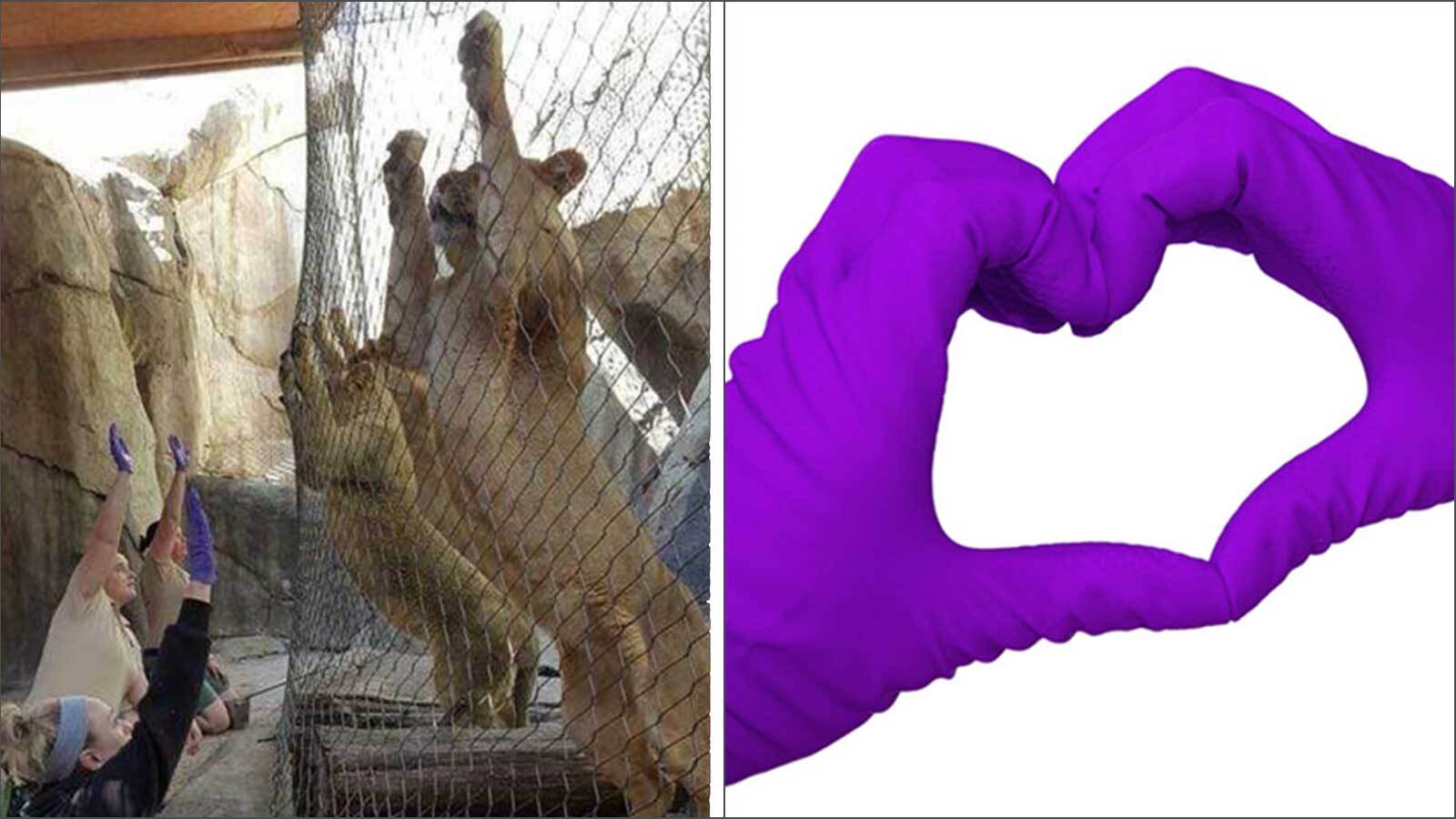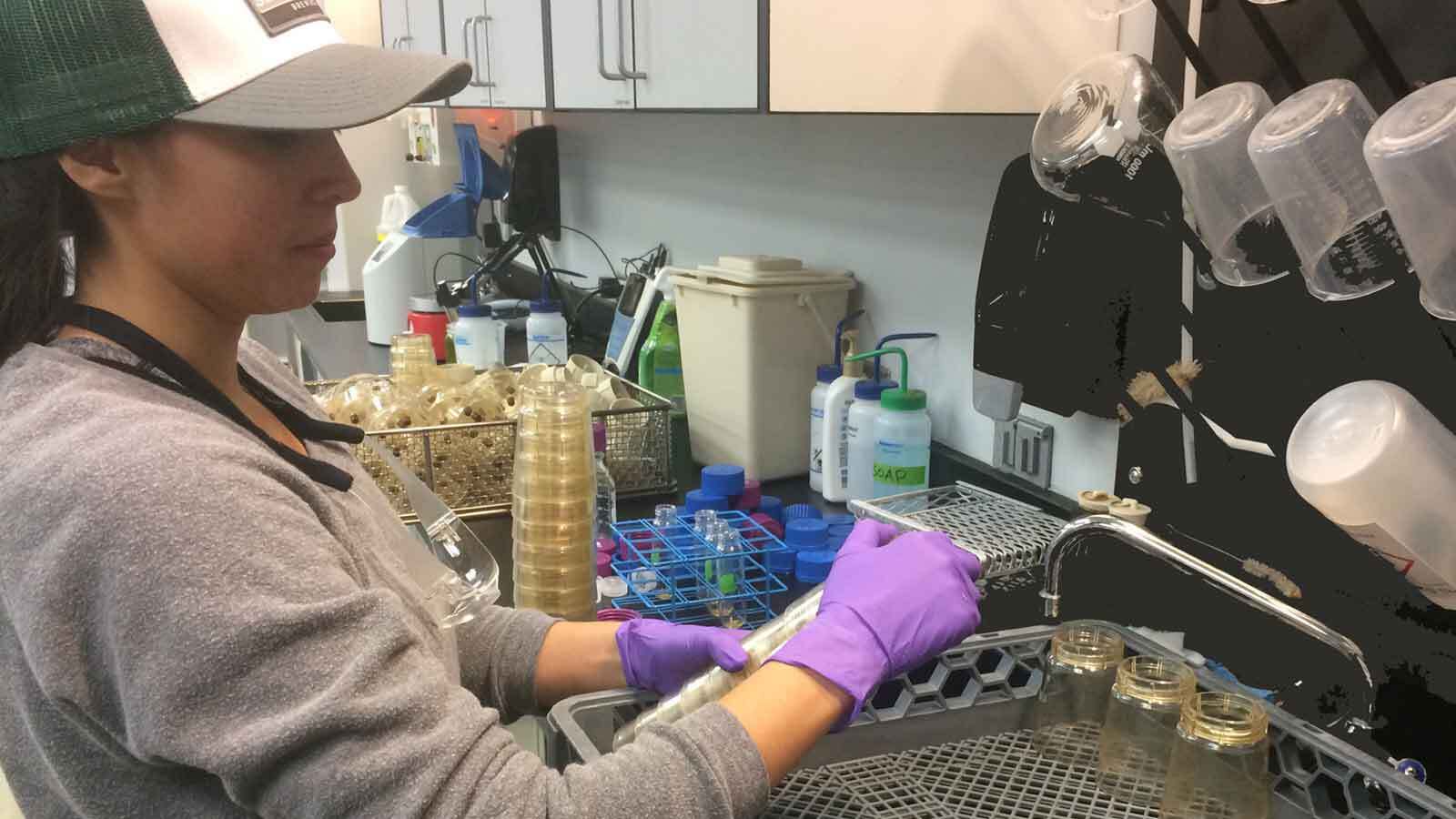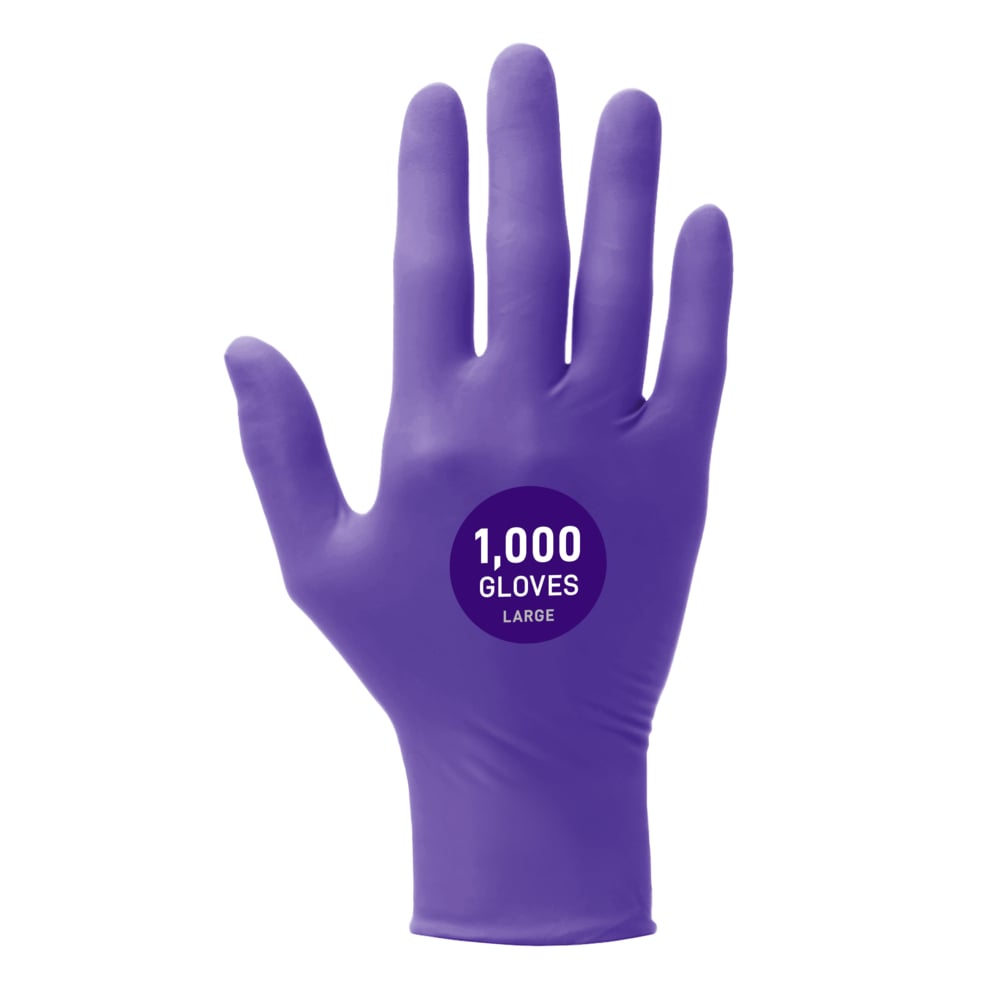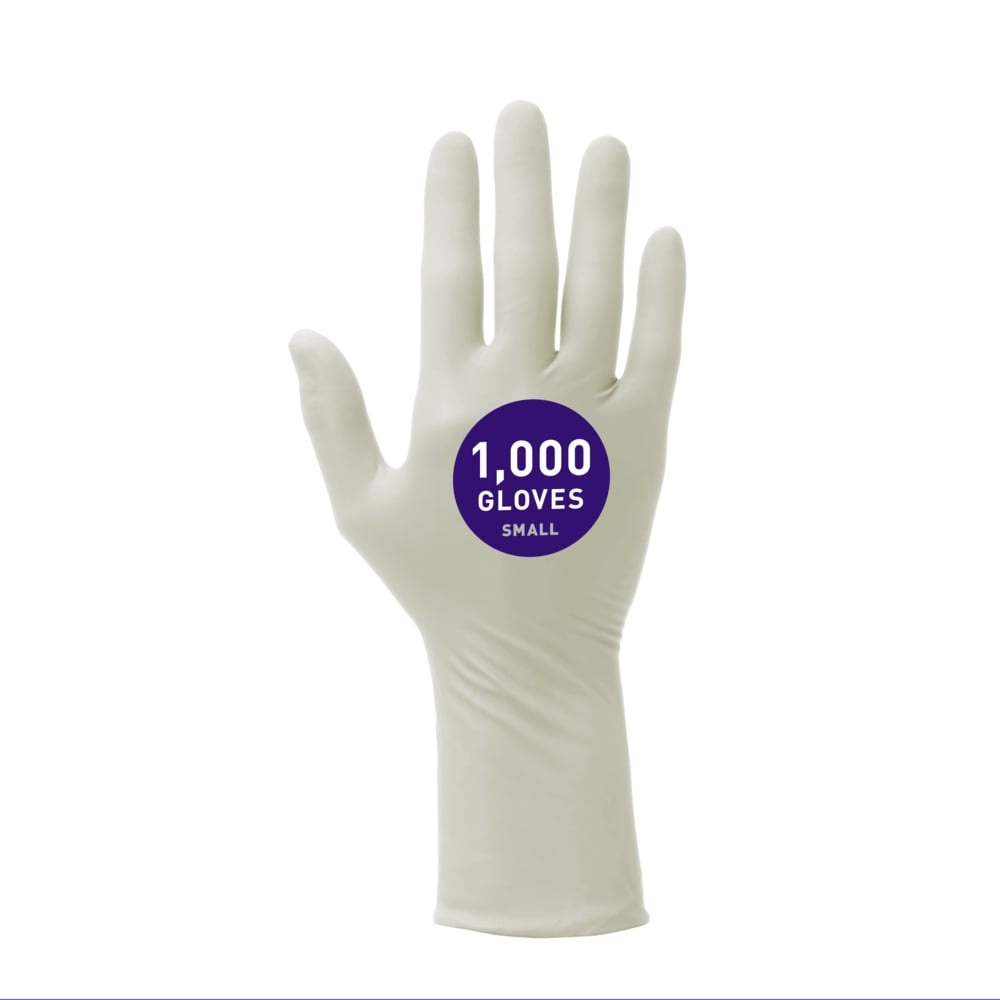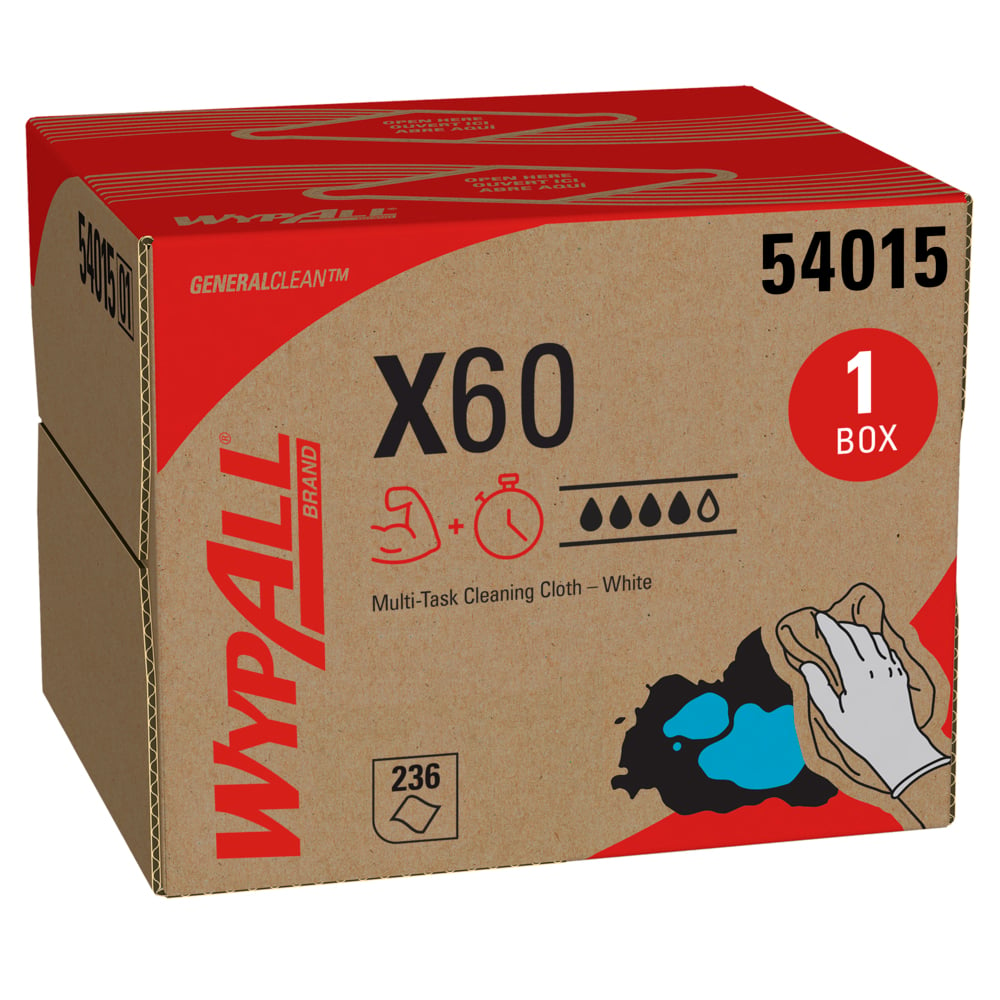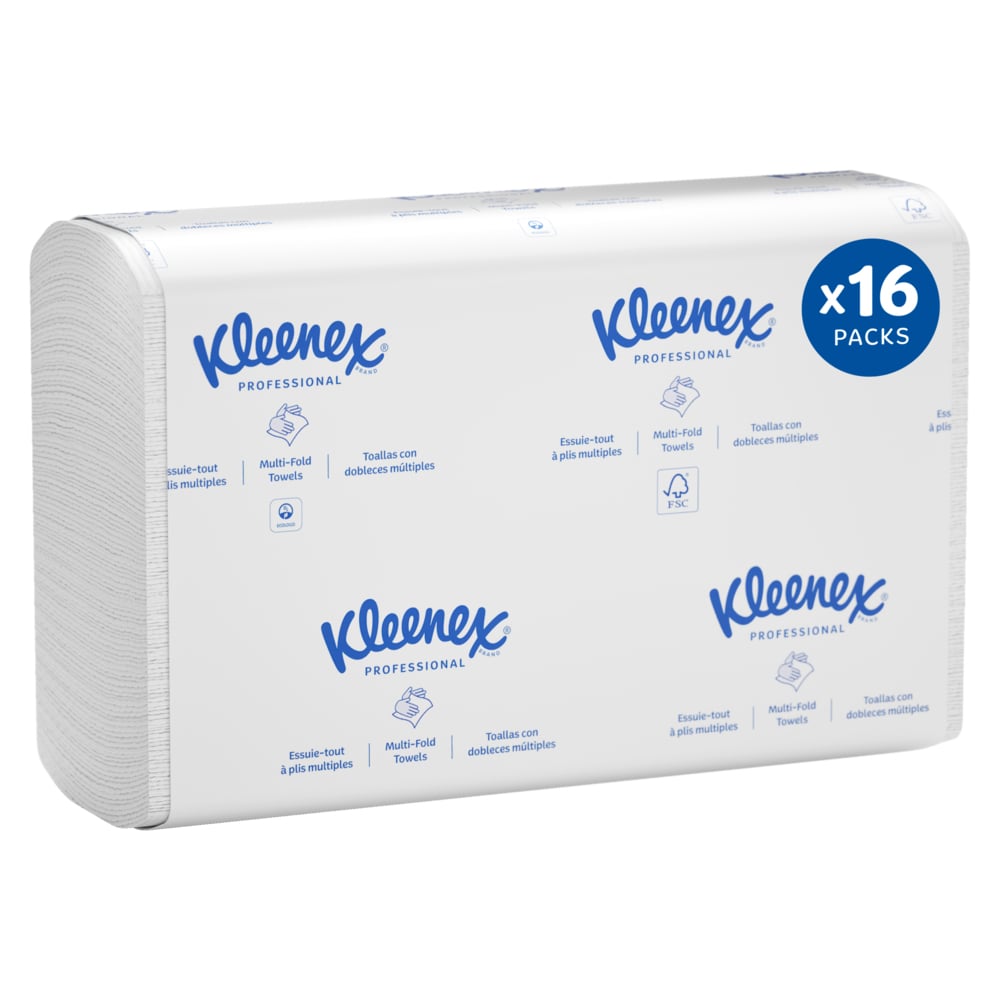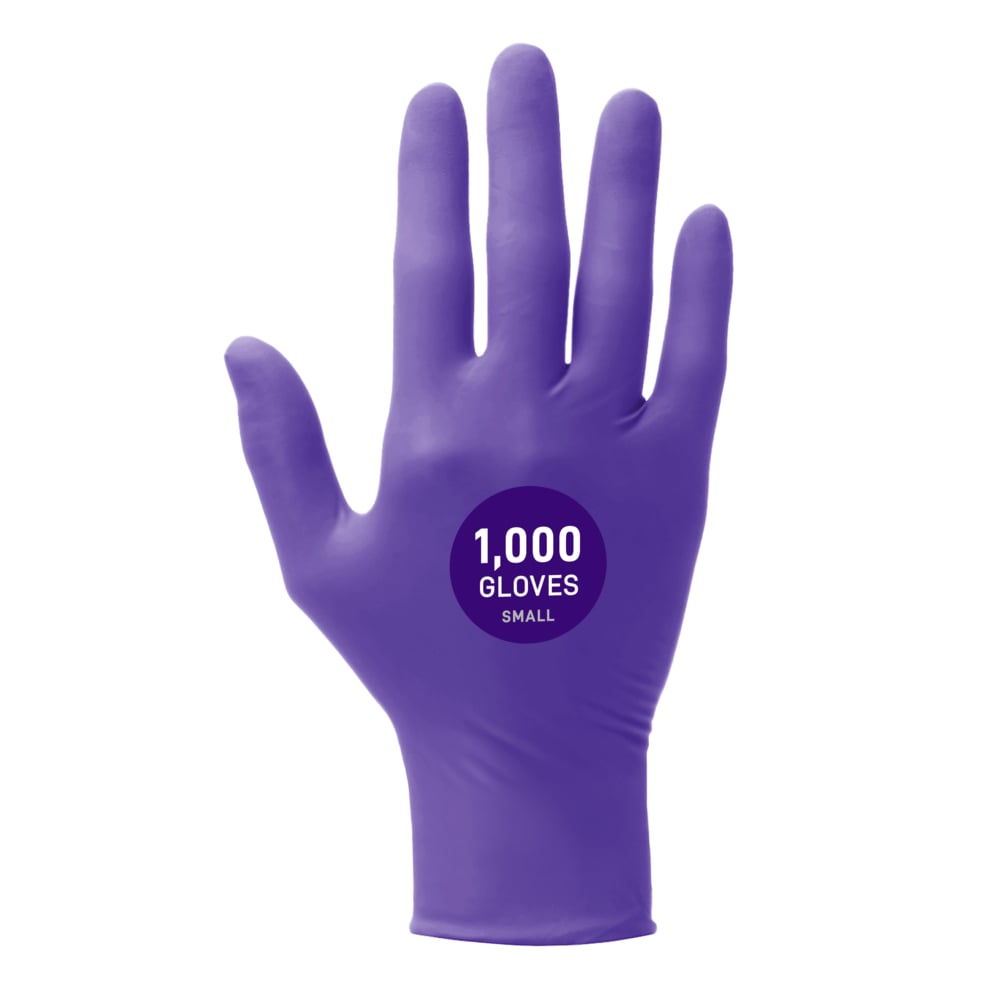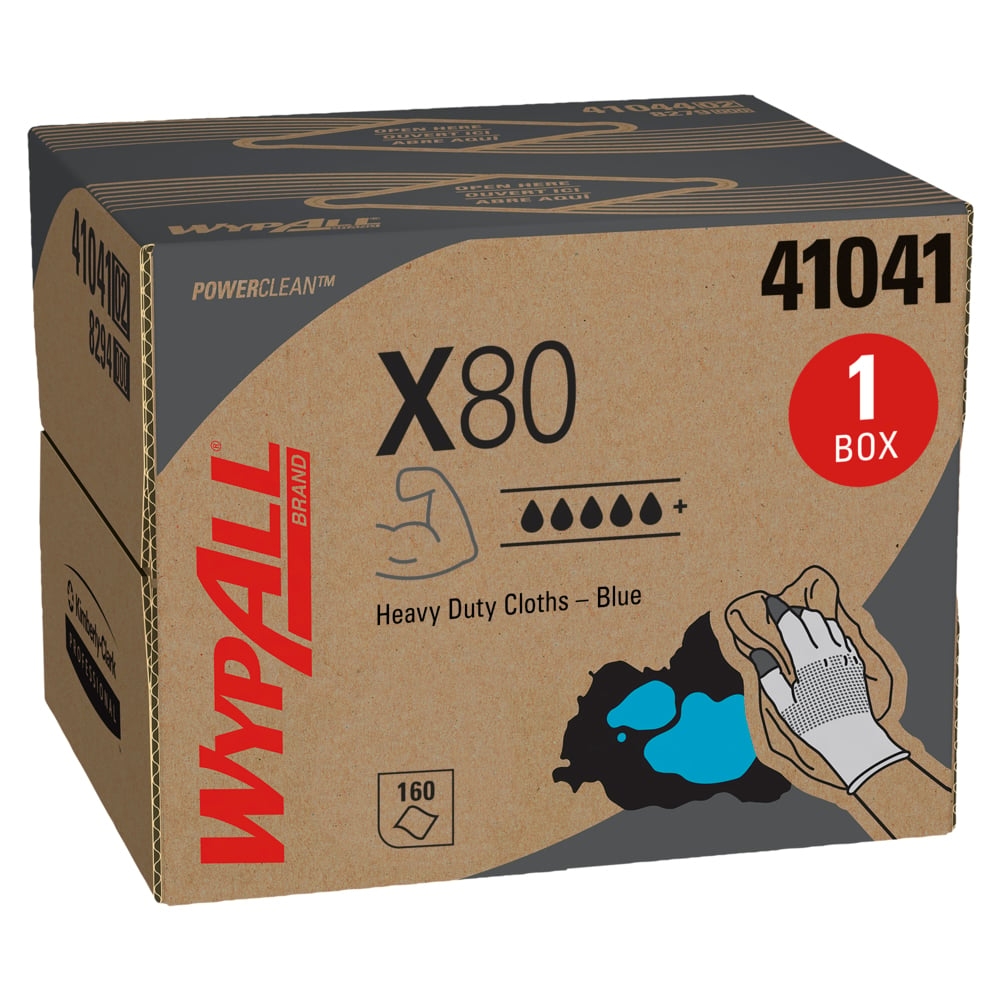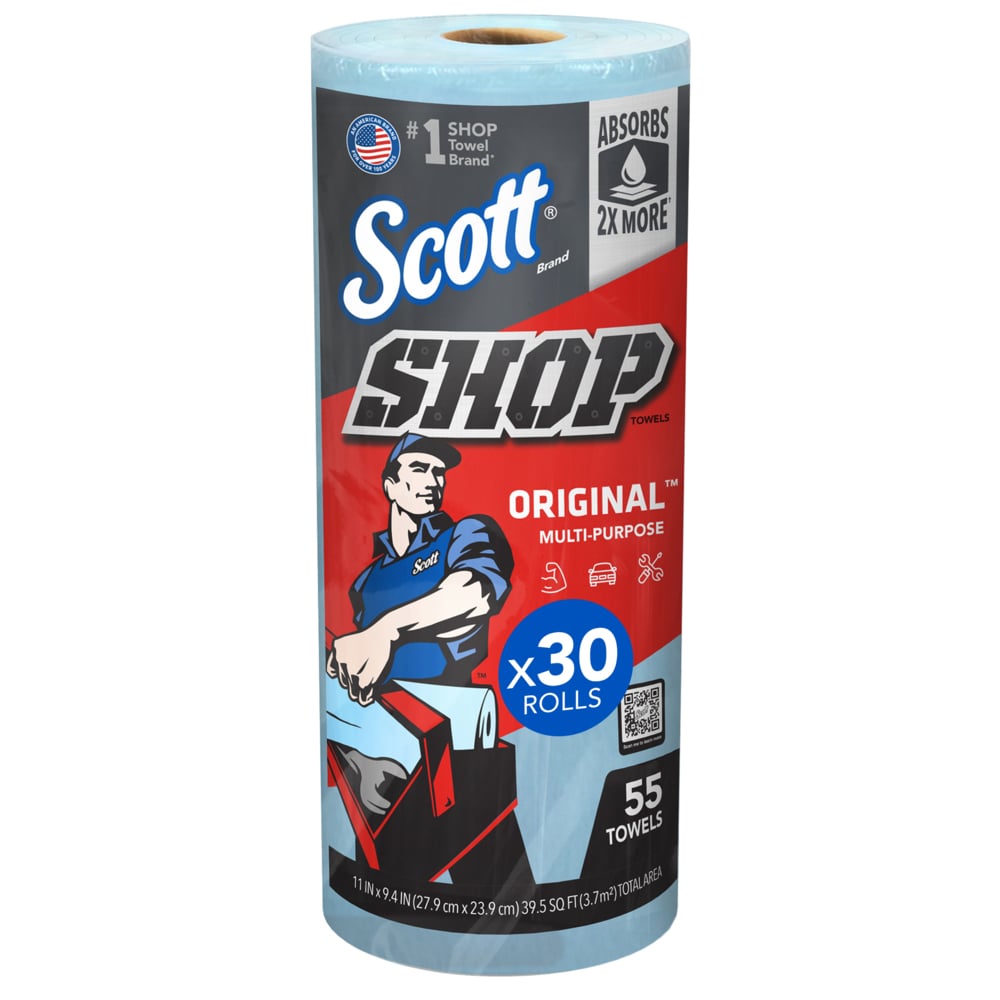Last Updated MAY 2022
University of Cincinnati Chemistry Department Adopts Organic Solution to Reduce Solid Waste
Over the years, university laboratories go through thousands of single-use lab coats and nitrile gloves. Read the case study to learn how The RightCycle™ Program helped the University of Cincinnati keep more than 650 pounds of used PPE out of landfills.
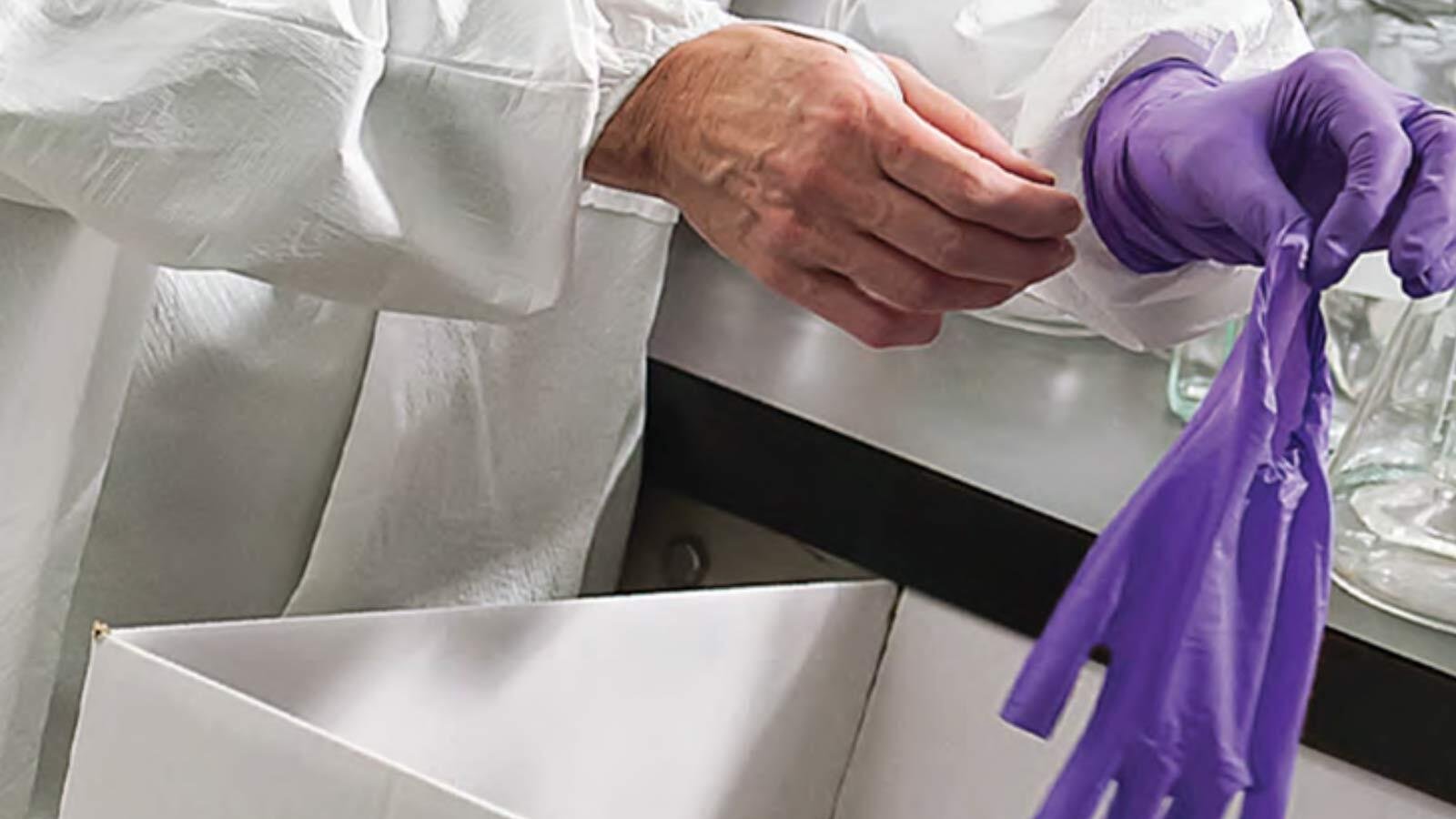
The Challenge
The University of Cincinnati is the second-largest university in Ohio, with an annual enrollment of more than 44,000 students. It is also one of America’s top public research universities.
For years, students in laboratory classes at the university used disposable nitrile gloves that were thrown away after each use. The same was true for the disposable lab gowns that laboratories provided to students to protect them from chemicals or other hazards.
The Solution
Dr. Beth Piocos, Ph.D., the academic and safety director for the department of chemistry, was concerned about the volume of waste generated by her department. Piocos had heard about RightCycle by Kimberly-Clark Professional®, the first large-scale recycling program for non-hazardous lab, cleanroom, and industrial waste. The RightCycle Program™ diverts single-use apparel, nitrile gloves, and safety eyewear from the landfill and turns them into new consumer goods.
Piocos decided to try it in the chemistry department and convinced Dr. Debbie Lieberman, Ph.D., the organic chemistry laboratory instructor, to require students to wear recyclable single-use lab gowns and nitrile gloves from Kimberly-Clark Professional.
“We thought, let’s test it in one lab and then we asked ourselves ‘Where will we have the biggest impact?’” Piocos said. “Our organic chemistry labs have about 500 students who use lab gowns and nitrile gloves, so we decided to start there.”
The RightCycle™ Program diverts single-use apparel, nitrile gloves, and safety eyewear from the landfill and turns them into new consumer goods.
The Result
At the suggestion of Kristina Ament, the laboratory manager for the department’s chemistry laboratory classes, approximately 2,000 general chemistry students also began using the Kimberly- Clark Professional™ Nitrile Gloves.
Buoyed by this success, Piocos presented her department’s results with The RightCycle Program to Mary Beth McGrew, the senior associate vice president and university architect, who leads the university’s sustainability efforts. Given the volume of solid waste generated by the main campus and its many satellites, McGrew saw an opportunity to divert tons of solid waste. She is looking into potentially expanding the program throughout the university by replacing existing apparel and nitrile gloves with recyclable Kimberly-Clark Professional products.
The changeover to Kimtech® brand apparel has provided another benefit — a higher level of protection than the previous lab gowns. “The old gowns were porous, and the Kimberly-Clark Professional™ Lab Gowns have splash protection, so it was a win-win from both a safety and sustainability perspective,” Piocos said.
The Kimberly-Clark Professional™ Gloves also cost less than the ones the university was using previously. And, when Piocos shared the success of the program with the university’s foodservice vendor, the company expressed interest in trying it, a move that would further expand the university’s waste diversion efforts.
“We have a strong focus on sustainability in our department, especially with our current department head, Dr. Tom Beck,” Piocos said. “The RightCycle Program is an important part of this effort., Piocos added that for the two chemistry classes alone, the department diverted more than 650 pounds of solid waste in just five months during the 2017-18 academic year.
“The goal for the coming year is to have everyone in the chemistry department who uses lab gowns and nitrile gloves convert to these recyclable products. If this becomes a reality, we project at least 2,000 pounds of solid waste potentially being diverted from the landfill. Can you imagine what would happen if the entire University of Cincinnati adopted the RightCycle Program?”

















